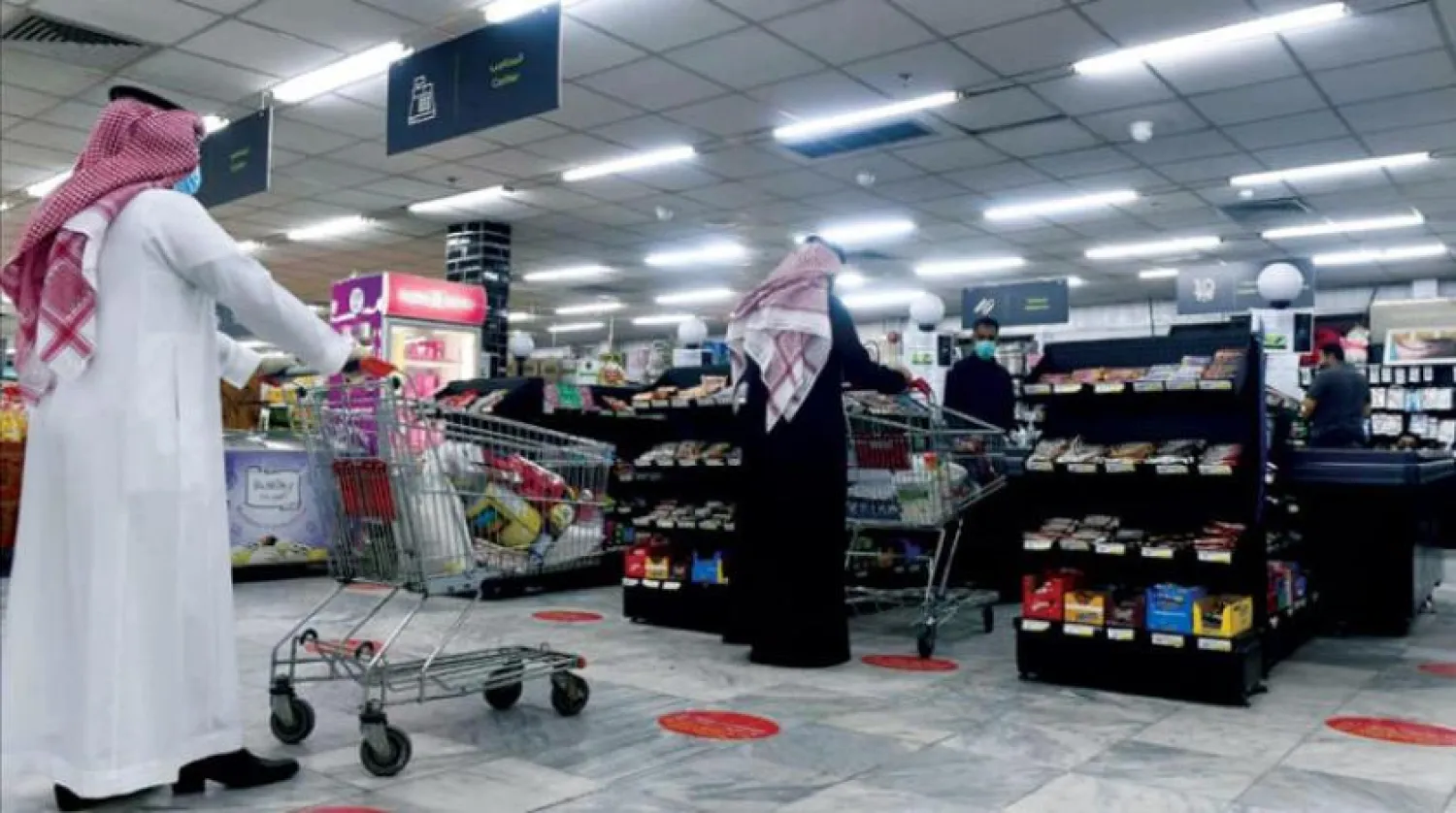The Saudi Shura Council has called on the Ministry of Commerce to cooperate with the relevant authorities, in order to develop the supervisory and procedural tools for monitoring commodity prices.
The Council called for conducting a study to compare the prices of basic food items in the local market and to develop procedural and technical mechanisms to include the “non-delivery of products” within the commercial violations.
In this regard, it underlined the necessity to develop the consumer protection sector, in a way that enables it to perform its supervisory role and preserve consumers’ rights.
During its 42nd regular session on Monday to study the annual report of the Ministry of Commerce, the Shura Council underlined the importance of coordinating with the competent authorities to find solutions for financial compensation in jobs that cannot be filled by national cadres in small and medium enterprises, as well as reviewing the Saudi regions’ competitive advantages in the business sector to adopt the appropriate mechanisms for their development.
The Council also discussed tightening control over the maintenance of roads, bridges, and tunnels, as well as ensuring quality and speed in the design and implementation of relevant projects, while accelerating the shift towards a digital system in the entire sector.
The Council has also called on the Saudi Space Authority to activate the memoranda of understanding with the Ministry of Education and a number of Saudi universities to expand the development of scientific specializations that serve the sector, and to study the launching of internal scholarships with possible employment to develop human capital.
The Council urged the concerned bodies to benefit from the experiences and infrastructure available in some relevant government agencies to integrate and unify efforts and achieve the strategic goals of the space sector in the Kingdom.









